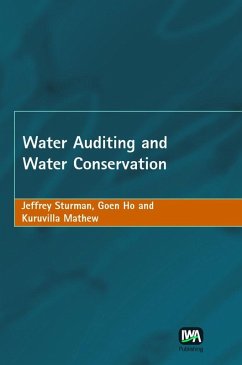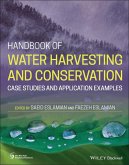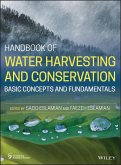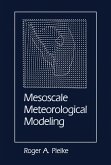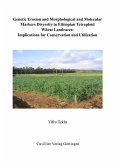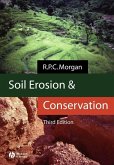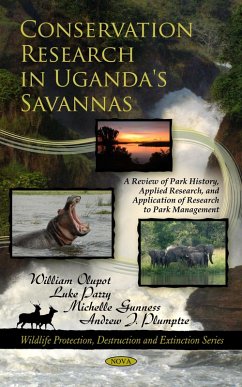Water auditing is a method of quantifying water flows and quality in simple or complex systems, with a view to reducing water usage and often saving money on otherwise unnecessary water use. There is an increasing awareness around the globe of the centrality of water to our lives. This awareness crosses political and social boundaries. In many places people have difficult access to drinking water. Often it is polluted. Water auditing is a mechanism for conserving water, which will grow in significance in the future as demand for water increases. Water Auditing and Water Conservation is aimed at undergraduate and graduate students in environmental engineering and science programs, water auditors and professionals in the water field, especially those motivated by quantitative water conservation needs. There is a strong emphasis on principles, and on the relationship of water auditing with associated activities like environmental auditing, environmental management systems, resource conservation, flow measurement, water quality and legal frameworks. Alongside the theoretical materials we integrate field experience from professionals. Chapters outline the processes and issues at stake in a variety of typical applications (arenas) in which water auditing are conducted. These include buildings (interior and exterior), landscape, external commercial applications requiring irrigation, aquatic centres, material transport by water, cooling systems and non-metal manufacturing (e.g. paper manufacture). This book will lead the prospective water auditor to a sufficiently thorough knowledge of water auditing to be able to apply the principles to many situations and make recommendations for water conservation measures.
Dieser Download kann aus rechtlichen Gründen nur mit Rechnungsadresse in A, B, BG, CY, CZ, D, DK, EW, E, FIN, F, GR, HR, H, IRL, I, LT, L, LR, M, NL, PL, P, R, S, SLO, SK ausgeliefert werden.

